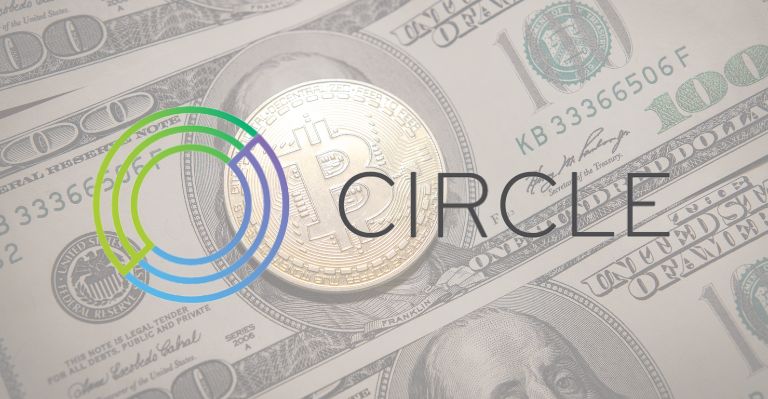Circle, the issuer of the world’s second-largest stablecoin, USD Coin (USDC), has adjusted its reserves treasury to reduce exposure to potential United States debt defaults according to May 10 Politico newsletter report.
Circle CEO Jeremy Allaire expressly stated that the company has switched to short-dated U.S. Treasury in order to avert getting caught up in a possible U.S. debt default.
As of now, Circle no longer holds Treasuries maturing beyond early June, as it aims to mitigate debt exposure. The Blackrock-managed Circle Reserve Fund’s current holdings mature no later than May 31.
This adjustment comes after Treasury Secretary Janet Yellen warned that the government would be forced to make “decisions” if Congress does not raise the federal debt limit.
President Joe Biden and Republicans are at odds over increasing the $31.4 trillion borrowing limit, with potential repercussions for the $24 trillion Treasury market and global financial system if the country defaults on its debts.
Meanwhile, rival stablecoin issuer Tether claims that a majority of its reserves are invested in Treasury bills with an average maturity of fewer than 90 days.

In a May 10 quarterly assurance report, the firm stated it has been working to reduce its reliance on pure bank deposits as a liquidity source.
Over the past year, USDC’s supply has shrunk by 46%, dropping from an all-time high of $56 billion in June 2022 to a current circulation of $30 billion. As a result, its market share has fallen to 23%.
On the other hand, Tether’s market dominance has increased to 62%, with a circulation of $82 billion USDT.
Circle Sets to Increase Workforce
Despite USDC’s dwindling market capitalization due to America’s war on crypto and the banking crisis, it appears that there is little or no effect on Circle’s in-house policy as it sets out to increase its workforce.
The stablecoin issuer aimed to boost its workforce by as much as 25% in 2023. At the end of 2022, it has approximately 900 employees and aims at adding more 135 to 225.
It remains to be seen how Circle will surmount the hurdle and heap a sigh of relief amidst increasing regulatory concerns.

